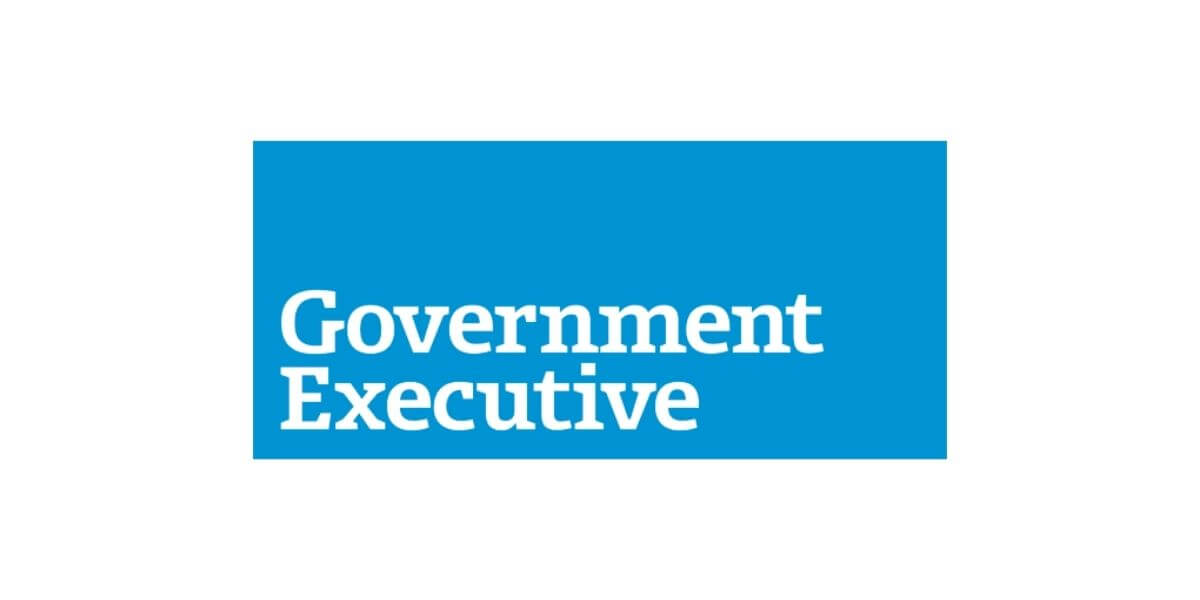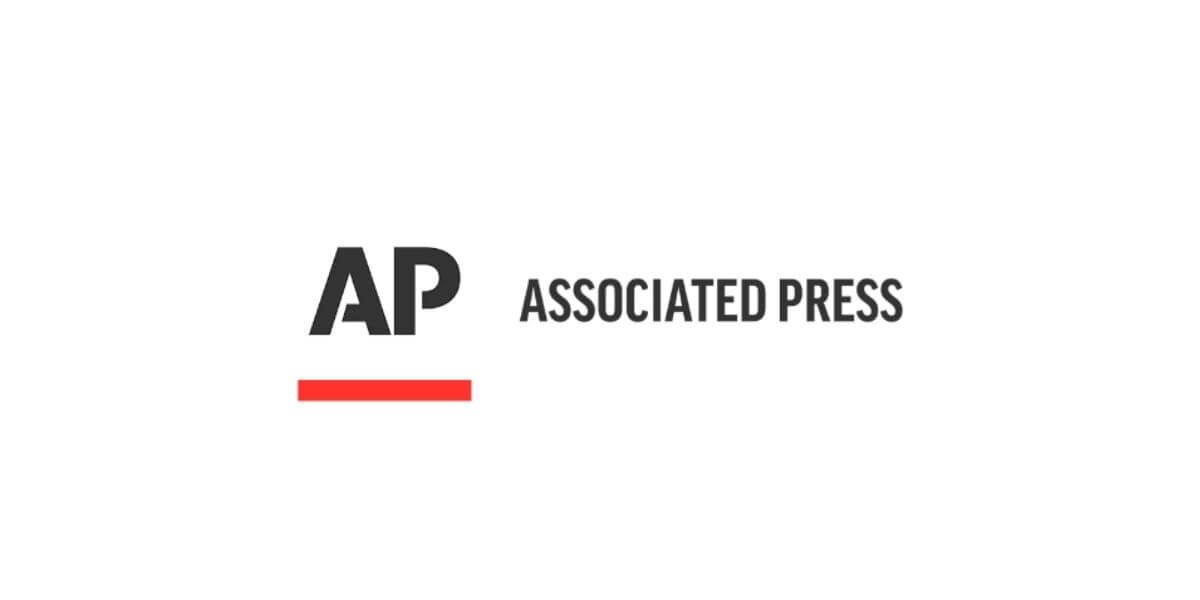WASHINGTON, DC (Government Executive) — The Food and Drug Administration in 2020 pulled its emergency use authorization for hydroxychloroquine to treat COVID-19 after clinical trial results found it “showed no benefit for decreasing the likelihood of death or speeding recovery.”
Robert F. Kennedy Jr., President-elect Donald Trump’s pick to be Health and Human Services secretary, recently promised retribution against federal public health employees that could include individuals who were involved in that decision.
Kennedy wrote in an October social media post that FDA employees who are engaged in “aggressive suppression” of hydroxychloroquine, as well as raw milk and chelating compounds, should “1. Preserve your records, and 2. Pack your bags.”
FDA’s website currently warns that drinking raw, or unpasteurized, milk can cause foodborne illness and reports that between 1998 and 2018 there were at least 202 outbreaks linked to such milk that caused 2,645 illnesses and 228 hospitalizations.
While FDA has approved the use of chelation, a process to remove metals and minerals from the blood, to treat lead poisoning and iron overload, it has cracked down on companies that have erroneously claimed it can treat or cure autism.
Kennedy may want to clear out the FDA workforce, but job protections for career federal employees prevent him from easily doing that.
“A secretary just can’t come in and start firing,” said Kevin Owen, a partner at the law firm Gilbert Employment Law.
Still, stakeholders are worried about what Kennedy, and the incoming Trump administration as a whole, could attempt to do in order to remove civil servants.
“There’s one answer if the head of the agency is following law and regulation, and then there’s another answer if they pursue an ‘act now, defend it in court later’ kind of approach,” said Jacqueline Simon, the policy director of the American Federation of Government Employees. “That’s what puts everybody on such uncertain ground.”
Individual Removals
Stephanie Rapp-Tully, a federal employment law attorney, explained that in order to fire a government employee, an agency generally has to provide the individual with a notice, rationale and allow the worker in question to respond, after which an official makes a decision on the removal.
“As it stands right now, terminating a single employee kind of unilaterally without going through that process is not possible and would result in litigation,” she said, noting it would be unusual for a cabinet secretary to be involved in this process.
Likewise, Simon said that “suppression of psychedelics,” an action Kennedy in his October post said he would punish civil servants for doing, would not stand as a rationale for removal before the Merit Systems Protection Board, which adjudicates federal employment-related disputes.
“If [the employees] are performing duties that are required of them under the law, then that would not hold up in an arbitration and it would not hold up at the MSPB,” she said. “Now, we’re all assuming that there will actually be an MSPB that will be able to adjudicate.”





